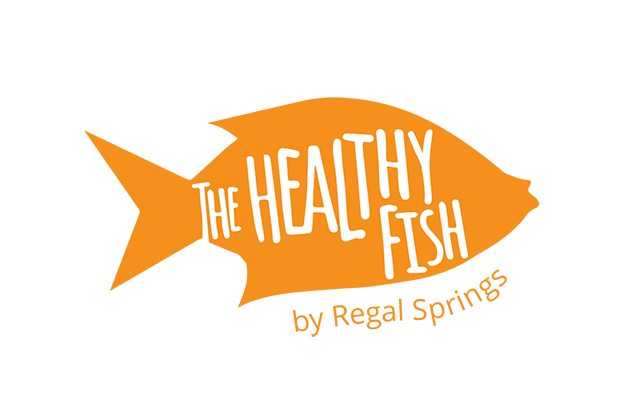A healthy diet isn’t just about taking care of your waistline—it’s also about caring for your heart. In the U.S., heart disease remains the leading cause of death for both men and women, with about 630,000 Americans dying from heart disease each year. That’s the bad news. But the good news is that about 80% of heart disease is actually preventable.
While hereditary factors likely contribute to the risk of such cardiac complications, contemporary research finds that environmental and dietary factors play a significant role in determining your risk of heart disease and other cardiac issues. With a gamut of resources and information on heart health at our fingertips, it’s important to know how you can protect your heart today to ensure a healthier tomorrow.
Reduce Portion Sizes
While it’s a good rule of thumb to eat everything in moderation, we all know that “moderation” in and of itself can be interpreted subjectively. Luckily, there are all sorts of tips and tricks available to make measuring and reducing portion sizes feasible, no matter your gender, age or current weight. Remember, serving sizes are different to portion sizes, so while understanding nutritional labels is important, it’s also key to know just how big of your food portions should be.
Being overweight or obese significantly increases your risk of heart disease and being afflicted with many other health conditions. Cutting down portion sizes over a period of time can go a long way in helping with weight management.
Know Your Fats

While it’s true that the quantity of fats you consume affects your heart health and BMI, the types of fats you consume have differing impacts on our health. Learning to differentiate types of fats is crucial to getting the most out of your nutrition.
Monounsaturated fats and omega-3 fatty acids are widely considered to be the Holy Grail of fats. Regular consumption of omega-3 fatty acids has been linked to a decreased risk of heart conditions like arrhythmia and atherosclerosis, and have been shown to decrease triglyceride levels. Get your omega-3 fatty acids fix by eating walnuts, eggs, leafy greens and seafood. Containing 200 mg of omega-3 fatty acids and being high in protein and low in “bad” fats, a 4-ounce serving of Tilapia checks many of the heart-healthy boxes.
Go Mediterranean
With its emphasis on consuming a diet high in monounsaturated fats, seafood, nuts, fruits and vegetables and low in red meats, bad fats and processed foods, it’s no wonder that the Mediterranean diet shines as one of the most heart-healthy diets to adopt. Studies have found major correlations between people who have successfully reduced their risk of heart disease and those who have adhered to a Mediterranean-based diet.
Moreover, a diet rich in fruits and vegetables provides your body with a plethora of beneficial vitamins, nutrients and antioxidants that can stove off a variety of ailments and diseases. In particular, berries like blueberries, strawberries and raspberries are bursting with heart health-promoting properties. An 18-year-long study following the dietary habits of women 25-42-years-old found that women who consumed the highest number of servings of strawberries and blueberries per week were 34% less likely to suffer from heart attacks. The cardiovascular impact of eating berries is likely due to berries containing chemical compounds called anthocyanins, which make blood vessels more elastic and decrease blood pressure.
Best of all though, meals that fit into this diet are incredibly tasty, as they are packed with fresh ingredients and the quintessential flavors of the Mediterranean.
Take a Whole Foods Approach

Speaking of eating a diet plentiful in fruits and vegetables, it is valuable to consume a diet mostly consisting of whole foods instead of processed foods. Processed foods often contain unnecessary and harmful additives like sugar, salt, “bad” fats, preservatives and other properties that provide little or no nutritional value.
Eating more whole foods contributes to a balanced and well-rounded diet, upping your intake of heart-healthy nutrients and vitamins prevalent in them. A diet consisting of mostly whole foods can also be satiating, reducing your likelihood of overeating less healthy foods.
If dietary changes like the ones suggested above seem like too much to tackle at once, start small and make simple dietary tweaks. If improving your heart health is your goal, it’s best to implement gradual, attainable habit changes in order to reap long-term heart health benefits. And don’t forget about upping your exercise effort too! Heart health has been linked to regular exercise, so staving off cardio concerns is really about committing to whole body health. By changing a few dietary habits today, you can ensure a strong and healthy heart for years to come.
Check out our Mediterranean meal plan to discover how to incorporate heart-healthy foods into your diet.
Photo Credits: Dragon Images / Shutterstock Inc., Maria Savenko / Shutterstock Inc., Daria Minaeva / Shutterstock Inc.






